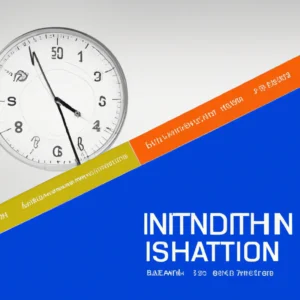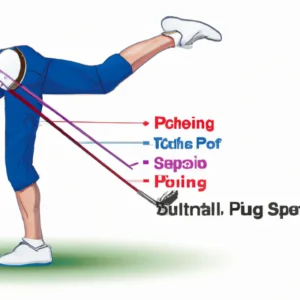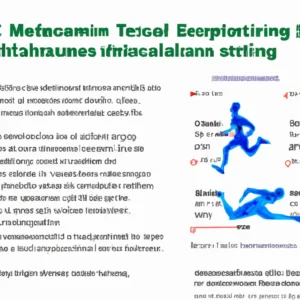**”Enhancing Cognitive Function in Older Adults Through Strength Training: Techniques and Benefits for Mental Sharpness”**
Enhancing Cognitive Function in Older Adults Through Strength Training: Techniques and Benefits for Mental Sharpness
As we age, we must maintain cognitive function. Research shows that strength training enhances mental sharpness in older adults. This blog post explores strength training techniques and benefits, offering practical advice for older adults.
Understanding Cognitive Decline in Older Adults
Cognitive decline affects many older adults. It manifests as memory loss, decreased attention, and slower processing speed. This decline can hinder daily life, making tasks and social interactions challenging. Regular physical activity, especially strength training, can combat these issues. Understanding the link between physical exercise and cognitive health promotes a better quality of life.
The Science Behind Strength Training and Cognition
Numerous studies show that strength training positively influences brain health. Exercise increases blood flow to the brain, delivering essential nutrients and oxygen. It also stimulates brain-derived neurotrophic factor (BDNF), a protein supporting new neuron growth. Enhanced BDNF levels improve memory and learning abilities, making strength training essential for older adults.
Moreover, strength training reduces the risk of cognitive decline and dementia. A study in *Neurobiology of Aging* found that older adults participating in resistance training improved cognitive function compared to those who did no exercise. This evidence highlights the importance of strength training in a regular fitness regimen.
Nutrition Tips for Optimal Cognitive Function
While strength training is vital for cognitive health, nutrition also plays a crucial role. The brain requires various nutrients to function optimally. A balanced diet fuels both the body and the brain. Older adults should focus on nutrient-dense foods that support mental sharpness.
Include Omega-3 Fatty Acids
Omega-3 fatty acids are critical for brain health. They link to improved cognitive function. Foods rich in omega-3s include fatty fish like salmon, mackerel, and sardines. Plant-based sources include flaxseeds, chia seeds, and walnuts. These healthy fats reduce inflammation and support neuronal health, enhancing memory and mood.
Stay Hydrated
Hydration significantly impacts cognitive function. Dehydration can lead to confusion, reduced concentration, and fatigue. Older adults must drink plenty of water throughout the day. Herbal teas and broths offer hydration and nutrients as well. Proper hydration supports brain function and mitigates cognitive decline risks.
Prioritize Antioxidants
Antioxidants protect the brain from oxidative stress and inflammation. Foods rich in antioxidants, such as berries, dark chocolate, and leafy greens, can benefit cognitive health. Incorporating these foods into daily diets helps older adults maintain mental sharpness.
Conclusion
Strength training and proper nutrition enhance cognitive function in older adults. Engage in regular exercise and maintain a balanced diet to support mental sharpness.
Below are related products to the topic if you’re interested:
FAQ
What type of strength training is recommended for older adults to enhance cognitive function?
Older adults can benefit from various forms of strength training, including resistance exercises using weights, resistance bands, or body weight. It is advisable to start with lighter weights and focus on proper form to prevent injury. Activities like chair squats, wall push-ups, and resistance band exercises can be effective. Consulting with a fitness professional or physical therapist can help tailor a program to individual needs and abilities.
How does strength training specifically improve cognitive function in older adults?
Strength training enhances cognitive function by increasing blood flow to the brain, which delivers essential nutrients and oxygen. It also stimulates the production of brain-derived neurotrophic factor (BDNF), a protein that supports the growth of new neurons and improves memory and learning abilities. Regular resistance training has been shown to reduce the risk of cognitive decline and dementia, making it a vital part of a fitness regimen for older adults.
What dietary changes can further support cognitive health in older adults?
To support cognitive health, older adults should focus on a balanced diet rich in omega-3 fatty acids, antioxidants, and proper hydration. Incorporating foods like fatty fish, flaxseeds, berries, dark chocolate, and leafy greens can enhance brain function. Staying hydrated is also crucial, as dehydration can negatively impact concentration and mental clarity















Post Comment